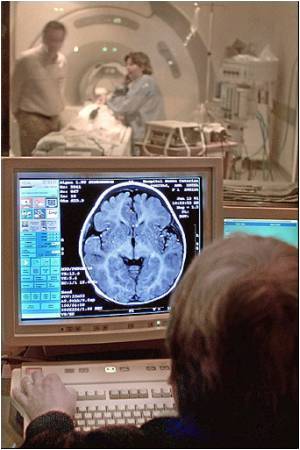Stroke patients who had become partially paralyzed found their condition improving when they underwent a non-invasive method of brain stimulation, scientists claimed in their study.

Twenty of the randomly assigned treatment group received repetitive transcranial magnetic stimulation (rTMS) over the brain hemisphere affected by the stroke and the other 20 received stimulation of the unaffected hemisphere.
The remaining 20 formed the control group, receiving inactive placebo doses of the treatment.
"When we compared the results between the three groups, we found that both of the treatment groups showed significant motor function recovery" said co-author Anwar El Etribi
"No improvements were seen in the control group who had received the placebo treatment and the same physical therapy protocol
"Our treatment worked on the theory that increasing the activity of the hemisphere affected by the stroke and reducing the activity of the unaffected hemisphere can reduce muscle weakness and improve overall motor function," he said.
Advertisement
"Our study shows that using rTMS can help patients who have suffered an ischaemic stroke and are experiencing partial paralysis on one side of their body to regain motor function.
Advertisement
The findings appeared in the European Journal of Neurology.
Source-ANI















